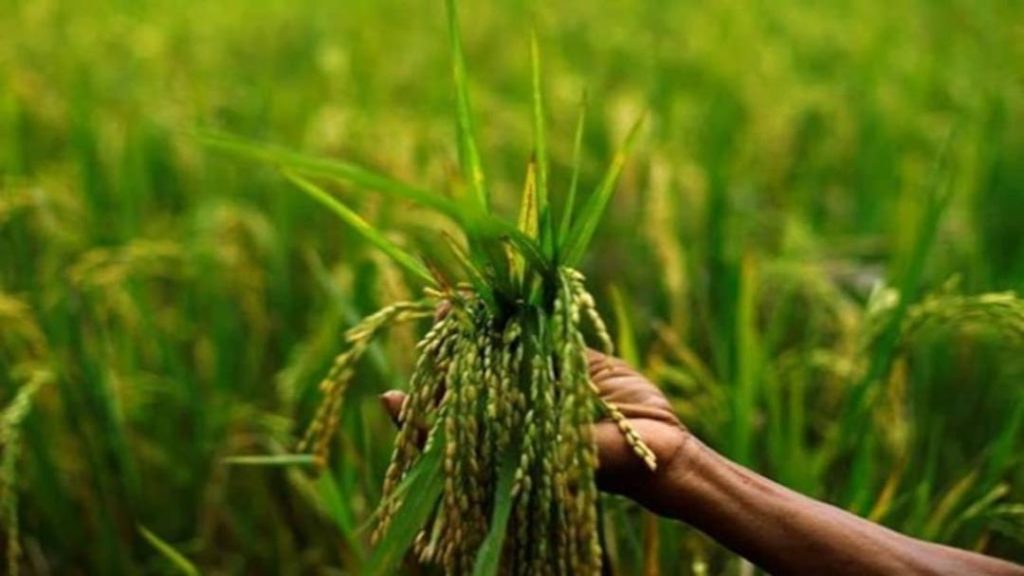
India Cutting Chenab’s Supply Will Increase Water Shortage & Impact Crops, Accepts Pakistan
The Indus Waters Treaty (IWT) between India and Pakistan has been a subject of controversy in recent times. The treaty, signed in 1960, governs the sharing of the waters of the Indus Basin between the two countries. However, India’s decision to cut the flow of the Chenab River has sparked concerns about the impact on Pakistan’s water supply and agriculture.
Pakistan’s Indus River System Authority (IRSA) has accepted that India’s move will increase water shortages across the country. The authority has warned that the reduction in the river’s flow will not only exacerbate the already existing water crisis but also have a significant impact on the kharif crops.
The kharif season, which is the monsoon season in India and Pakistan, is crucial for the country’s agriculture. The season typically runs from July to October, and the crops planted during this period are harvested in the winter months. However, this year’s kharif season is expected to face a significant shortage, with IRSA estimating a 21% deficit for the remaining early kharif season.
The water shortage in the late kharif season is estimated to be 7%, according to IRSA. This means that the country’s crops will face a significant challenge in terms of water availability, which could lead to a reduction in yields and a decline in agricultural productivity.
The impact of the water shortage will not be limited to the agriculture sector alone. The reduced water supply will also affect the country’s industries, including textile, food processing, and pharmaceuticals, which rely heavily on the Indus River’s water supply.
Pakistan’s government has been trying to negotiate with India to resolve the issue, but so far, there has been no breakthrough. The country’s prime minister, Imran Khan, has accused India of violating the IWT and has demanded that India restore the flow of the Chenab River to its original levels.
India, on the other hand, has maintained that it is entitled to use the waters of the Chenab River as per the IWT. The country has argued that Pakistan is trying to use the treaty to blackmail India and that it will not compromise on its rights under the agreement.
The dispute over the Indus Waters Treaty has been ongoing for several years, with both countries accusing each other of violating the agreement. The treaty has been a cornerstone of Indo-Pakistani relations, and its suspension has raised concerns about the stability of the region.
The impact of the water shortage on the agriculture sector will not only affect Pakistan’s food security but also its economy. The country’s agriculture sector is a significant contributor to its GDP, and any decline in productivity will have a ripple effect on the entire economy.
In conclusion, India’s decision to cut the flow of the Chenab River has significant implications for Pakistan’s water supply and agriculture. The country’s Indus River System Authority has accepted that the move will increase water shortages across the country, which will have a significant impact on the kharif crops. The dispute over the Indus Waters Treaty highlights the need for both countries to work together to resolve their differences and find a lasting solution to the issue.
News Source:
https://x.com/TimesNow/status/1919429995526520980






